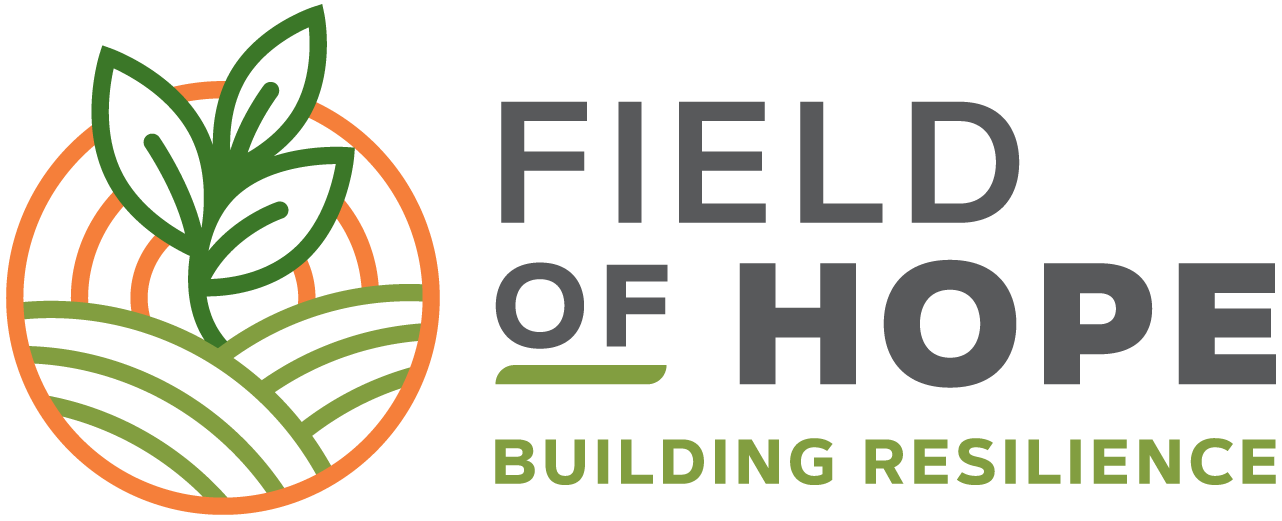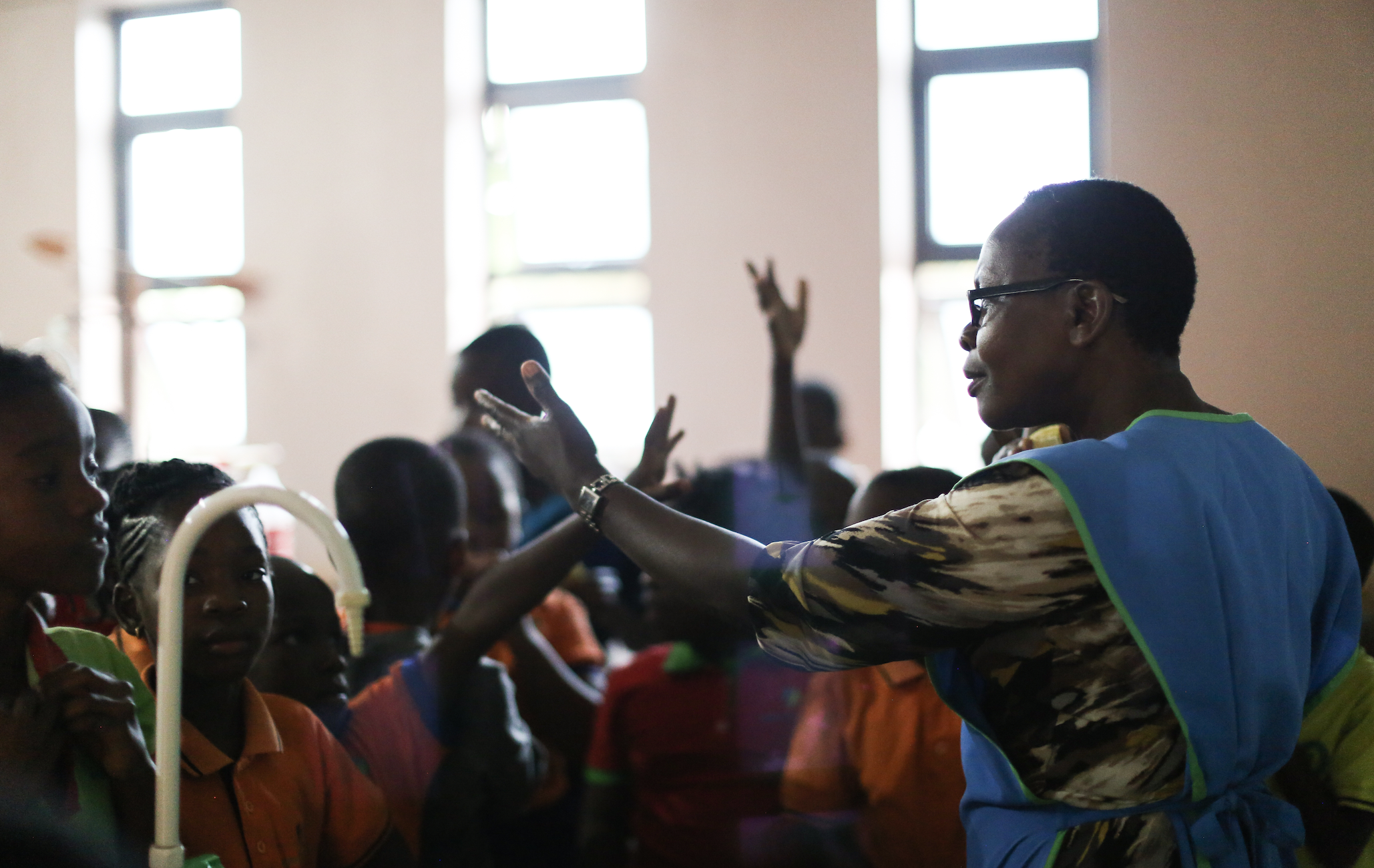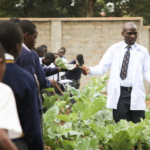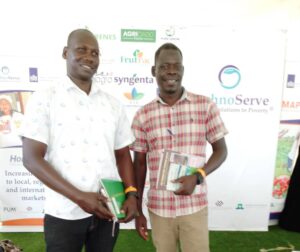COVID-19 drastically challenged the education sector, and especially impacted learners and teachers. Teachers are living unsustainable livelihoods. They cannot provide basics to their families, i.e. food, medical care, utilities, etc. to live comfortably. All this is due to the state of poverty because private schools cannot pay teachers who are not working at the moment.
Teachers are challenged with lack of capital to start businesses in order to have an income generating project. As Agriculture has been one of the functioning sectors in the lockdown, teachers have tried their best to make use of their land, and those who had no land have tried to their best to find where to cultivate to grow tomatoes, green paper, cabbages, eggplants, watermelon, etc. so as to get money in short time but you could find somebody manages to buy seeds and plant them and fails to get fertilizers and pesticides for fruitful production.
We have engaged in all sorts of work as away a living. Teachers are frying snacks, for examples pancakes, cassava, chapattis, and fish, engaged in brick making, riding boda boda (motorcycle taxi), construction work, shopkeeping, and selling secondhand clothes. All that is a way to earn income to sustain our families.
We have lost our attitude towards teaching because our minds are tuned to other businesses which could help to earn a living. We are now married to those small businesses which have helped us to earn income to feed our families rather than teaching. Like most of other teachers, if we had enough capital to invest, we can leave aside teaching.

By: Mary Namazzi Proscovia, Field of Hope Agriculture Teacher






